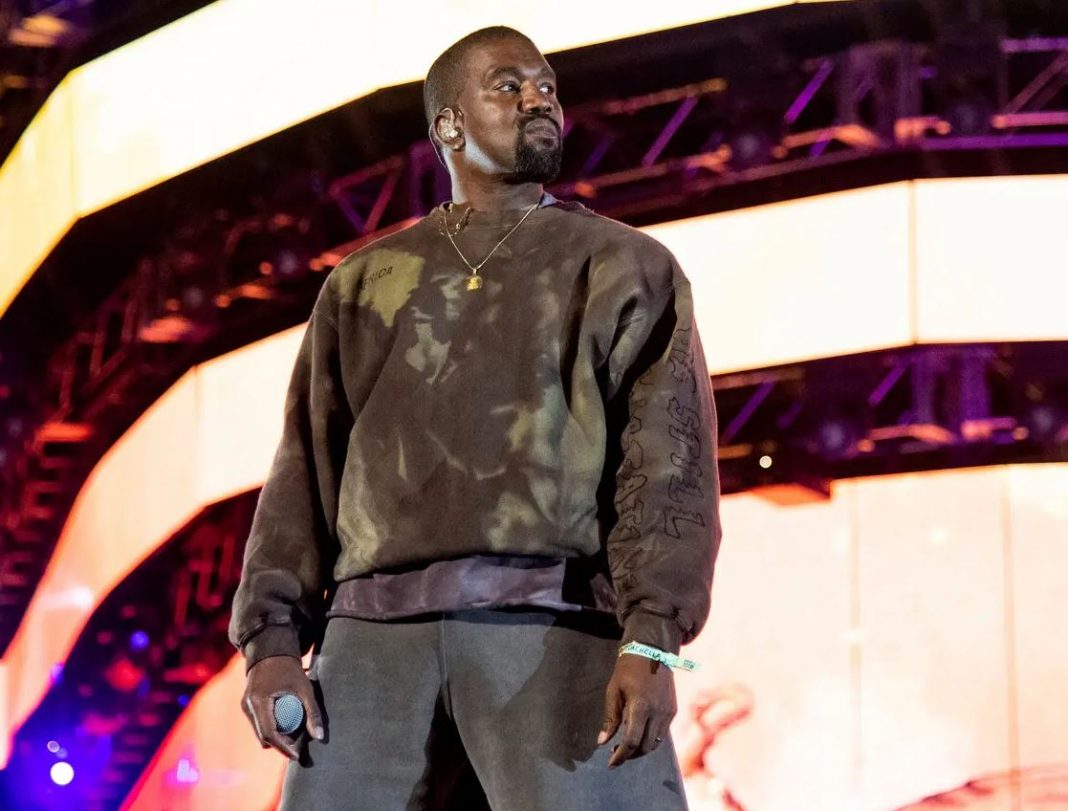Kanye West had everything going for him in early 2016. West, now known as Ye, was already a living hip-hop icon, having released six consecutive paradigm-shifting albums. He was cashing in his cultural capital across many genres.
Ye combined the release of his seventh solo album, “The Life of Pablo,” with the debut of his third Yeezy fashion collection for Adidas, with thousands gathered at Madison Square Garden and millions more watching online and in movie theatres around the world, filming it all for his family’s reality-TV series “Keeping Up With the Kardashians.” Some of the songs remained intriguingly unfinished, and one song, “Famous,” revived a years-long spat with Taylor Swift.
Ye’s streaming stats have dipped somewhat in the previous month, falling by around 6% to 88 million on-demand clicks in the United States. Those totals, though, are within within his average range at this stage in his career, and have even increased somewhat since the start of2022, according to Luminate. According to Chartmetric, a business that measures streaming and social media, the number of user playlists on Spotify including songs by Ye has also increased in recent weeks to roughly 1.3 million.
Artists such as Chris Brown, XXXTentacion, and Michael Jackson, who have all been accused of misbehaviour, have maintained a prominent presence on streaming platforms. Those platforms have typically been hesitant to delete content, regarding themselves as impartial guardians of free expression. Kelly’s music, for example, is still publicly available, even though it is not highly advertised.
Spotify CEO Daniel Ek told Reuters on Tuesday that Ye’s “terrible words” will only be removed off the site if they were included in a recorded song or podcast.
Apple representatives did not reply this week to inquiries about whether its streaming service will take action against Ye’s songs.
While Ye has lost his lucrative Adidas contract, his catalogue may provide him with a financial lifeline. In recent months, Ye’s managers have been surreptitiously selling his collection of songwriting copyrights to investors, hoping for a nine-figure transaction similar to those recently made public by Sting and Justin Timberlake. Prospective bidders, though, have resisted Ye’s asking price, according to persons informed on recent conversations with Ye’s team. The uproar over Ye’s anti-Semitic statements may complicate the sale.
It’s uncertain where Ye’s music career will go from here. Although he is now being avoided by the main talent managers in the entertainment world, he is also virtually a free agent, something he has always desired. His Def Jam recording deal expired with the release of his album “Donda.” His composition contract with Sony Music terminated earlier this year, but the corporation still serves as the administrator for his repertoire.
None of this excludes out a comeback in a business that has traditionally thrived on publicity and frequently accepts redemption for its biggest, most problematic performers.
Given the scale of his own megaphone, platforms like YouTube and SoundCloud, as well as the ease of digital distribution to Spotify and other big streaming services, Ye may not even require a corporate partner.

